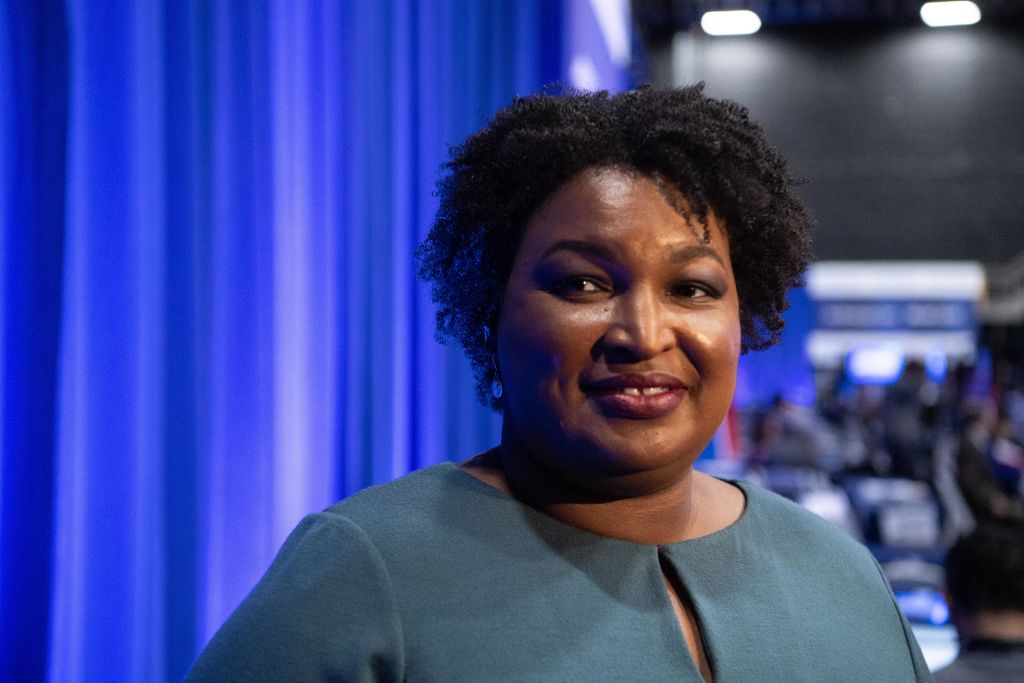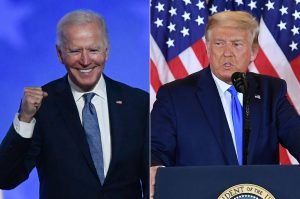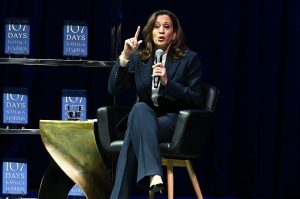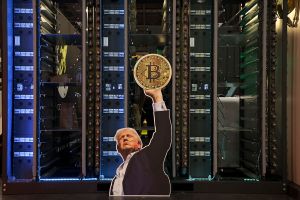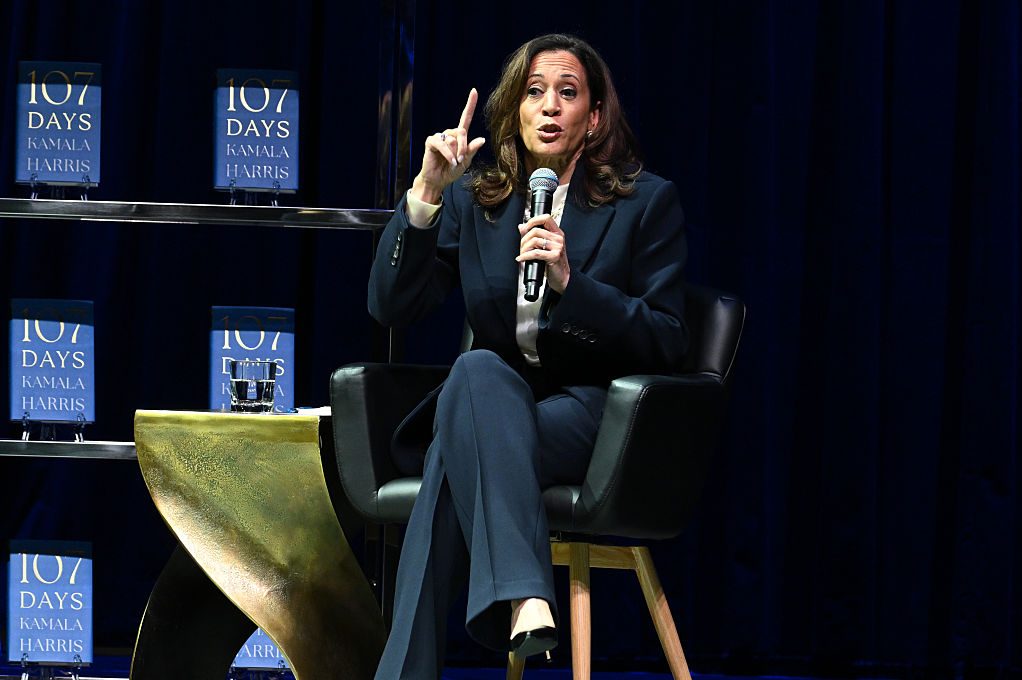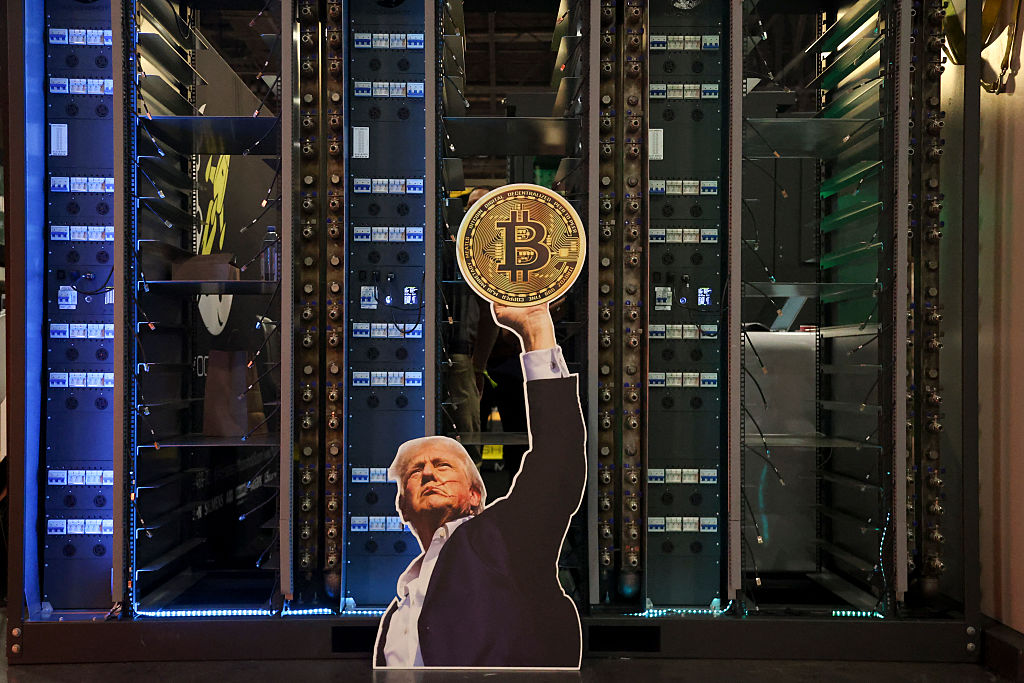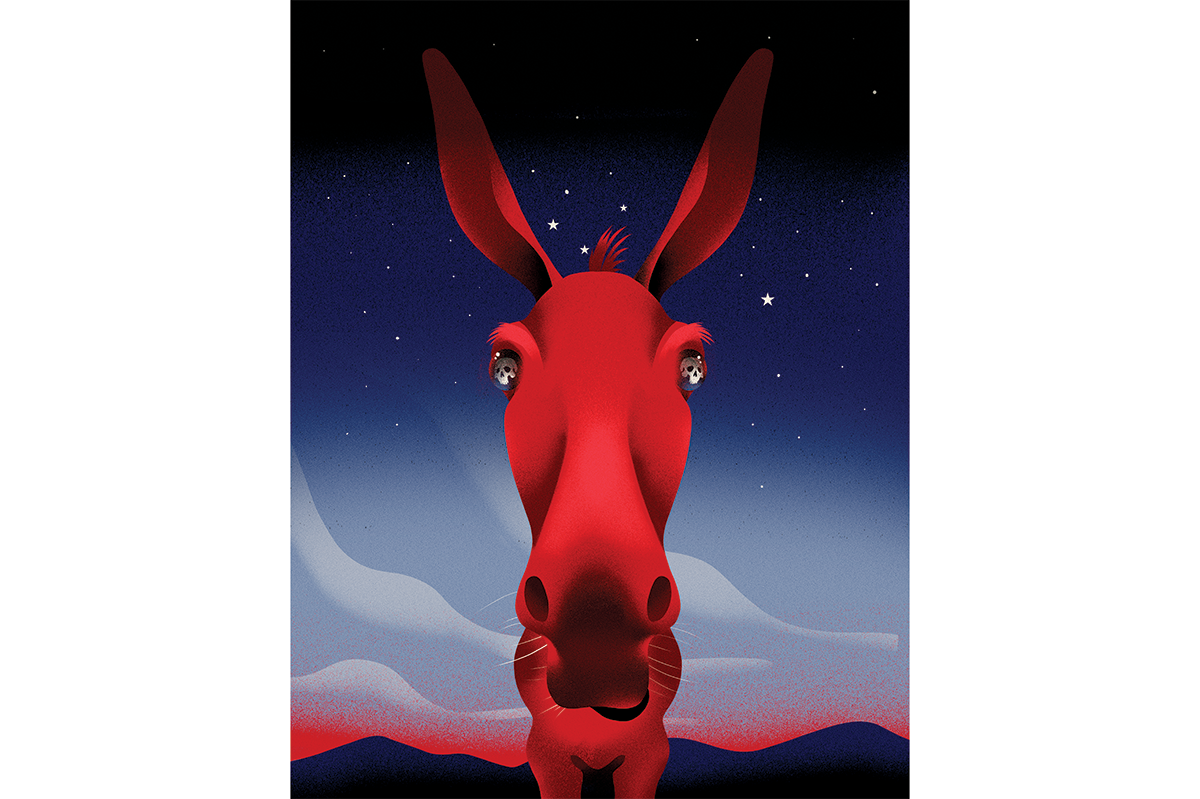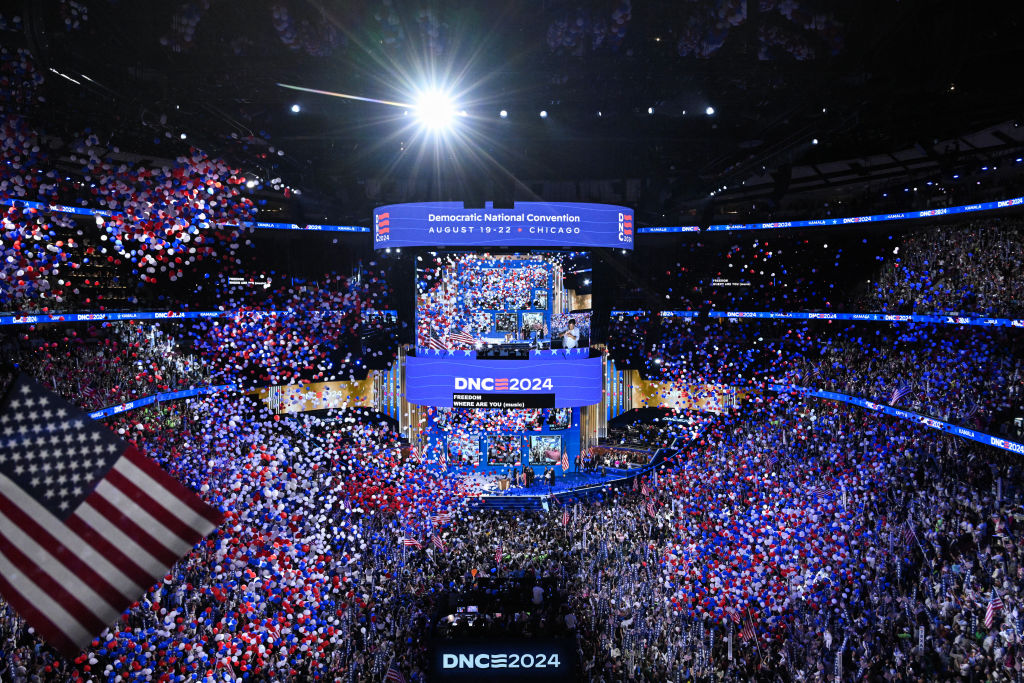In New Hampshire, the race between Democratic senator Maggie Hassan and retired Army Brigadier General Donald Bolduc is heating up. Politico revealed on Friday that the GOP super PAC Sentinel Action Fund, encouraged by Bolduc’s recent surge in the polls, confirmed a $1 million ad buy for the Republican.
Do Democrats still think Bolduc’s defeat is a sure thing?
During the primaries, Democrat-aligned groups sure seemed to. They found the idea of a Hassan-Bolduc matchup so appealing that they actually boosted the pro-Trump Bolduc by donating to his campaign.
Why did they like him so much more than his opponent Chuck Morse? Well, Bolduc is an “election denier.”
The left figured if they could help the ultra-mega-MAGA election-denying candidates win the primaries, then they could go on to paint said candidates as extreme and unhinged during the general election. When November 8 finally came around, it would be a landslide for the Democrats.
Simple, right? Unfortunately for Democrats, things are not going as planned.
One problem is that by donating to the very candidates they claim are “threats to democracy,” the Democrats inadvertently admitted their apoplectic warnings about the danger of these election deniers were nothing more than political theater.
But beyond that inconvenient truth, their strategy also hinges on whether or not voters think being an election denier disqualifies a candidate in the first place.
Based on what we’re seeing in a lot of these races across the country, that doesn’t seem to be the case. The polls indicate that for most voters inflation is the number one concern.
That is not to say that voters completely refuse to play along. According to a New York Times/Siena College poll, they do indeed think American democracy is under threat. The January 6-obsessed talking heads at CNN and MSNBC can take a deep breath — their work hasn’t been completely in vain.
Yet the New York Times also notes that “more than a third of independent voters and a smaller but noteworthy contingent of Democrats said they were open to supporting candidates who reject the legitimacy of the 2020 election.”
It isn’t that voters don’t care about our democracy; it’s that they “assigned greater urgency to their concerns about the economy than to fears about the fate of the country’s political system.”
In other words, it just isn’t as big of a deal to voters as left-wing media outlets want it to be.
I’m sure to beltway Democrats this is a distressing revelation. After all, besides abortion, screaming about election deniers is the only thing the Democratic Party has left. They were banking on this accusation playing big with voters.
In Thursday night’s debate, Hassan focused on Bolduc’s history of denying the results of the 2020 election. “Here is the thing about election deniers: he is working, and has been working, to conceal how extreme he is,” she said.
Actually here’s the thing: questioning elections, just like questioning the mental fitness of politicians, is fine so long as a Democrat is doing it.
Whether you are talking about Don Bolduc, Stacey Abrams, former President Donald Trump, or Hillary Clinton, plenty of politicians question the results of elections when they lose.
It might be difficult for the women on The View to admit, but denying elections is neither a new phenomenon nor a one-sided one. So why should it bother Republican voters any more than it bothers Democratic voters?
What if voters’ willingness to cast their ballots for candidates who rejected the 2020 election results is more thought out than just their economic priorities? Maybe Republicans and Democrats have come to terms with the sad reality that this is just what happens in American politics today.
And if it is going to happen, you might as well vote for the candidate who you think is going to do a better job.



